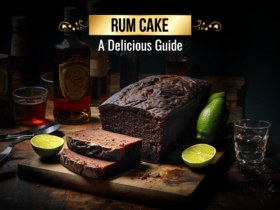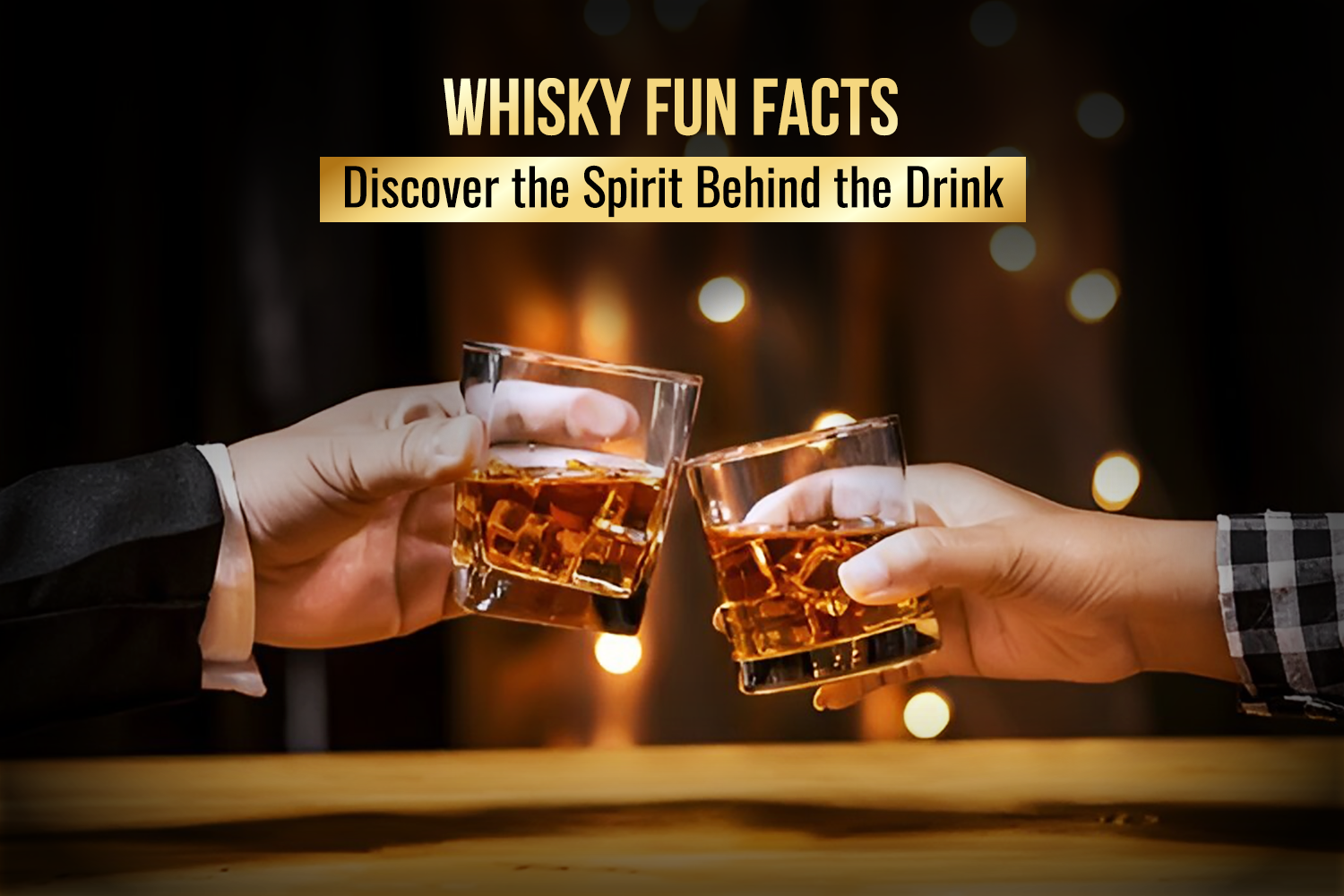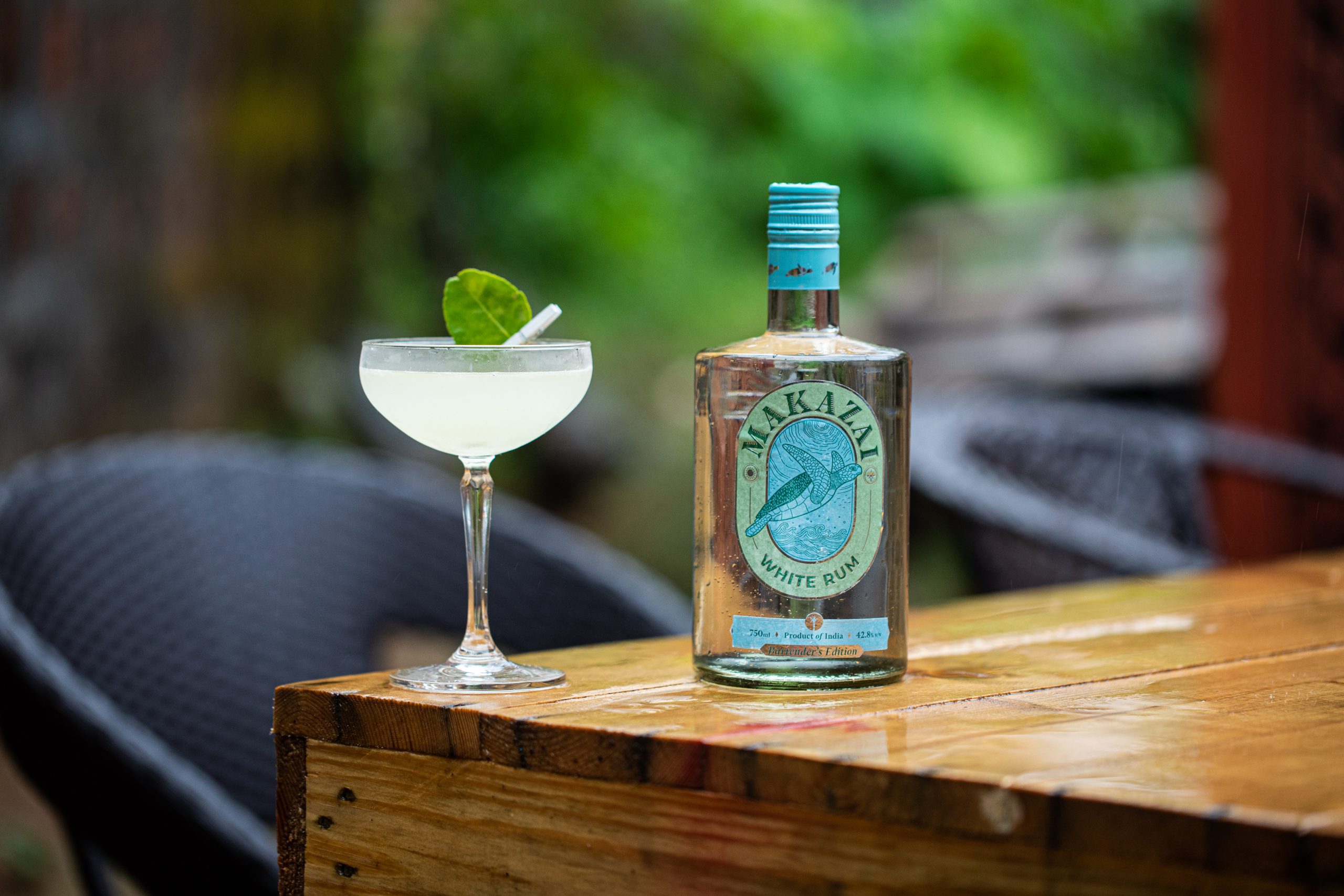Whisky, one of the world’s most celebrated spirits, has a rich history, diverse varieties, and a passionate following. Whether you’re a connoisseur or just beginning your journey into the world of whisky, this blog will explore some fun facts that will enhance your appreciation for this iconic drink.
1. Introduction to Whisky
Whisky is more than just a drink; it’s a cultural experience that reflects the traditions and craftsmanship of its region. With numerous styles and flavors, whisky offers something for everyone, making it a versatile spirit enjoyed in many forms.
2. Whisky vs. Whiskey: What’s the Difference?
The spelling of whisky varies by region:
- Whisky: Used in Scotland, Canada, and Japan.
- Whiskey: Used in Ireland and the United States. This difference is more than just a spelling nuance; it reflects distinct production methods and regional characteristics.
3. The Distillation Process
Whisky production involves several key steps:
- Mashing: Grains are mixed with water and heated to convert starches into sugars.
- Fermentation: Yeast is added to the mash to convert sugars into alcohol.
- Distillation: The liquid is heated in copper stills, separating alcohol from water and other components.
- Aging: The distilled spirit is aged in wooden barrels, where it develops its flavor profile and character.
4. Types of Whisky
4.1 Scotch Whisky
Originating from Scotland, Scotch must be aged for a minimum of three years in oak barrels. It can be further divided into single malt, single grain, blended malt, and blended grain whiskies.
4.2 Irish Whiskey
Irish whiskey is typically triple-distilled, resulting in a smoother taste. It is often made from a mix of malted and unmalted grains.
4.3 Bourbon
Produced primarily in the United States, bourbon must contain at least 51% corn and be aged in new charred oak barrels, giving it a rich and sweet flavor.
4.4 Rye
Rye whiskey must be made from at least 51% rye grain. It has a spicier flavor profile compared to bourbon and is particularly popular in classic cocktails.
5. Fun Facts About Whisky
5.1 The Oldest Whisky Distillery
The oldest licensed distillery in the world is the Old Bushmills Distillery in Northern Ireland, established in 1608.
5.2 The World’s Most Expensive Whisky
The record for the most expensive whisky ever sold goes to a bottle of Macallan Fine & Rare 1926, which fetched over $1.9 million at auction.
5.3 Whisky Production and Aging
Whisky gets its distinct color and flavor from aging in barrels. The longer it ages, the deeper the flavor, but environmental factors like climate and barrel type also play a crucial role.
5.4 Unique Whisky Flavors
Whiskies can have a wide range of flavors, from fruity and floral to smoky and peaty. The flavor profile is influenced by the type of grain, distillation process, and aging conditions.
5.5 Whisky Cocktails
Whisky is a versatile ingredient in cocktails, with classics like the Old Fashioned, Whiskey Sour, and Manhattan showcasing its diverse flavor potential.
6. Whisky Around the World
While Scotland and Ireland are famous for their whiskies, countries like the United States, Canada, India, and Japan have also made significant contributions to the whisky landscape. Each region brings its unique twist to whisky production, creating a global tapestry of flavors.
7. Conclusion: Cheers to Whisky
Whisky is a spirit rich in history, diversity, and cultural significance. Whether enjoyed neat, on the rocks, or in a cocktail, each sip tells a story. The next time you raise a glass of whisky, remember the fascinating facts that enhance your drinking experience.
8. Frequently Asked Questions (FAQs)
Q1: Can whisky be consumed straight or only in cocktails?
A: Whisky can be enjoyed straight, on the rocks, or in cocktails, depending on personal preference.
Q2: How should I store my whisky?
A: Store whisky upright in a cool, dark place, away from direct sunlight to preserve its flavor and quality.
Q3: What is the best whisky for beginners?
A: Beginners may enjoy smoother options like Irish whiskey or blended Scotch, which are generally less intense than other varieties.























Leave a Reply